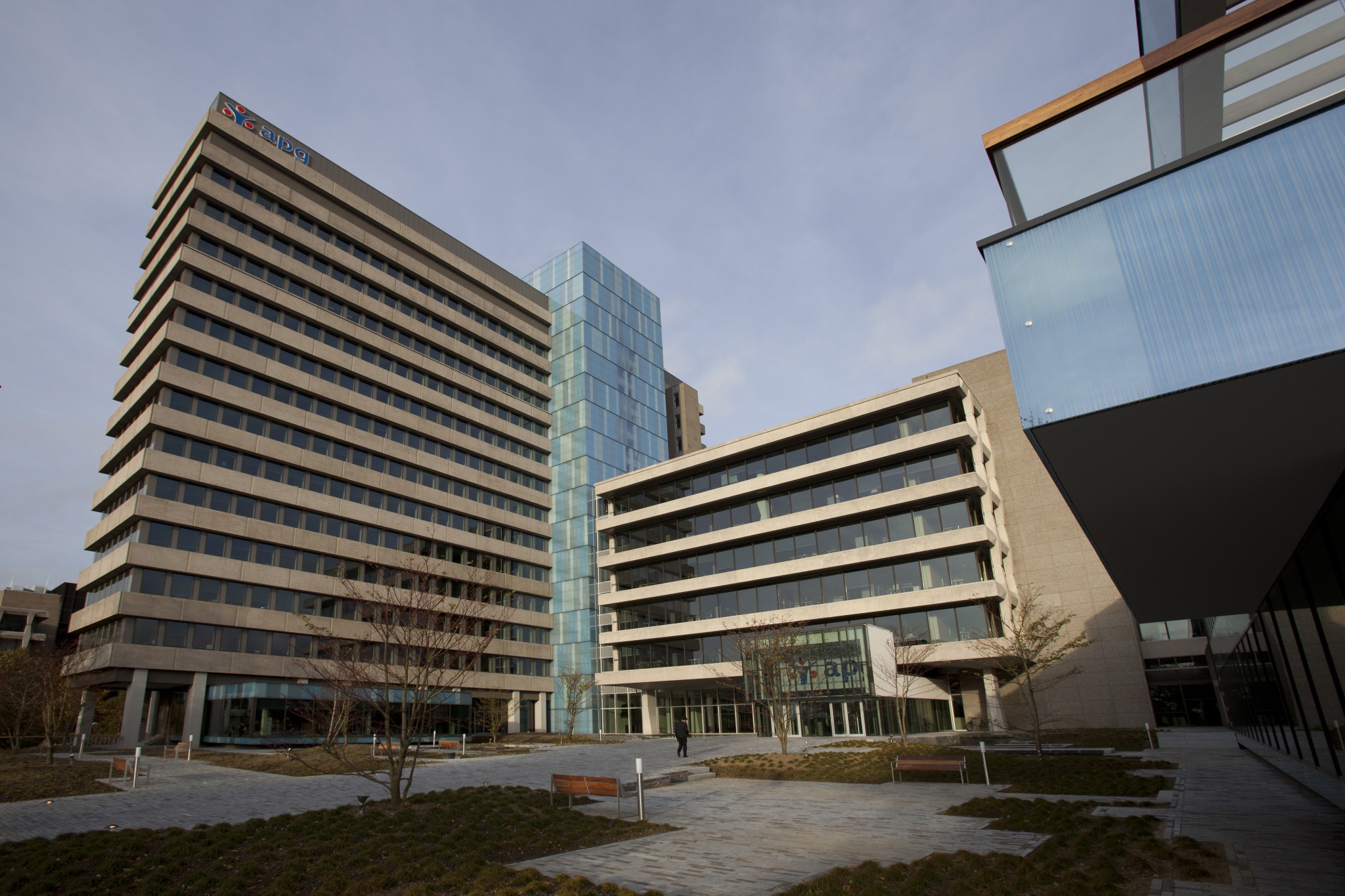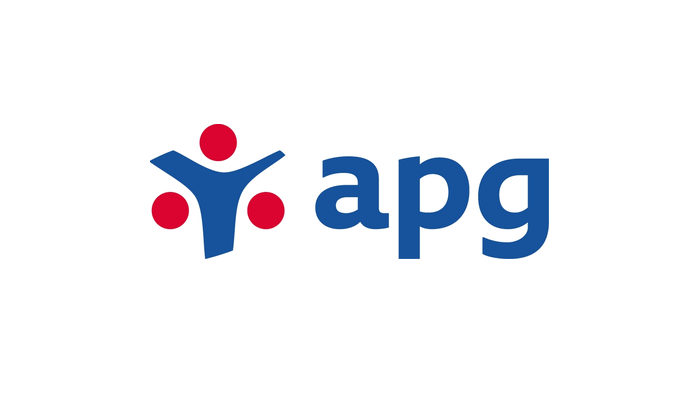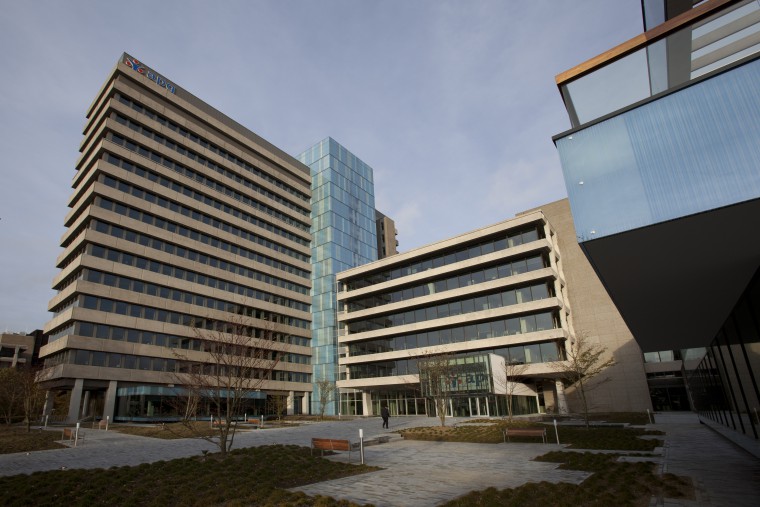
After a difficult start in November, we laid the foundations for a new collective labor agreement and a new social plan with effect from 8 on 2022 February 2022.
Not receiving our newsletter yet? Then sign up quickly.
The employer has come a long way and ultimately partly met the wishes of the trade unions. Vigorous conversations have preceded this. Ultimately, there was room to actually enter into negotiations on content. Inherent in negotiation is 'give and take', which is why we are satisfied with the result. However, there is no question of jubilation, but we are convinced that the result achieved does justice to the challenges that APG faces on the one hand and the people who will have to realize it on the other.
I make a summary of the most important results, after which I explain each part.
Summary:
- Term of the collective labor agreement 1 year, until 1 January 2023
- Term of social plan 3 years, until January 1, 2025
- Structural wage increase as of January 1, 2022 of 2,75%
- One-off net payment of 250,-
- An internet fee of €30 net/month
- A ('free') additional disability insurance
- More broadly applicable 'vital in life budget'
- Study agreement 'vitality scheme for older employees'
- (For the other points, see the negotiation result document)
Term of the collective labor agreement
As trade unions, we consciously opted for a one-year collective labor agreement, despite the fact that the employer had a strong preference for a two-year collective labor agreement. The employer already wanted to make agreements about 'vitality scheme for older employees' (including senior leave), starting in 2023. We did not go along with this. In the end, we promised to look into a one-year collective labor agreement to see whether we could come up with a study agreement during that year that does sufficient justice to all older employees. The second reason from De Unie is the uncertainty related to inflation. There are two currents: 1. This is of a temporary high nature, 2. It is permanently high. Based on these principles, we do not want to commit ourselves to a wage agreement longer than 1 year.
Duration social plan
The old social plan (SP) ran until 2022. This has no after-effects and new negotiations had to take place for a new SP. The new SP is largely based on the old plan. The factor as used in the still good old formula has been reduced to 1,6. This has been renegotiated and the new factor is still more than in line with the market. Furthermore, the counseling process has been shortened by one month and now only 9 months. However, the missing month will be reimbursed as monthly salary and 'plus' on the outcome of the formula. Finally, 'career bridges' will be developed for people who have successfully completed TMOY(I) and want to further develop their skills. The employer's approach was a SP for 1 year. De Unie in view of the still good quality SP, managed to negotiate a term of three years. There was no longer an even longer term.
Structural salary increase
The employer was initially very moderate in his wage offer, even unrealistic for us. After we made a solid point of it, the employer responded step by step. We have reached the maximum achievable here of 2,75% on a structural basis, with retroactive effect from 1 January 2022. I realize that this is not the target of 4%. But we also realize that this is positively different from what is agreed elsewhere on average. I can only conclude that this is a matter of preserving purchasing power instead of improving purchasing power. After all, the average inflation for the whole of 2021 is 2,7%. A one-year collective labor agreement makes it possible to include any structural inflation in 2022 in the next collective agreement.
One-off payment
We would of course have liked the one-off payment of €250 net. This one is actually below our pain threshold. However, we have preferred to advocate a structurally higher monthly payment than a one-off marginally achievable higher payment.
Internet allowance
APG does not want to encourage working from home by means of a monetary 'daily allowance'. At the same time, they also see the advantages and disadvantages of hybrid working. Ultimately, an 'internet allowance' of € 30 net per month was chosen for everyone, provided you have an internet connection at home. This is regardless of the number of days you work 'elsewhere'. This means that the compensation is not called a homework allowance, but it is comparable to what has been agreed, for example, with the civil servants and many other collective labor agreements as a work-at-home allowance.
Disability insurance
Some of the employees at APG have voluntarily taken out additional insurance for occupational disability. As a result, the uninsured often unintentionally run an unprecedented high risk. APG takes its responsibility in this regard and takes out collective disability insurance with full coverage (both in the event of partial and full disability) for all employees. The premium is fully borne by the employer. The insured thus save the premium (soon a few tens per month) and the currently uninsured are insured in the future without it costing them a few tens of premium.
Wider deployment budget
The budget for 'vital in life' was and remains € 200 net per year. With effect from the new collective labor agreement, the application criteria have been broadened. For example, whether you pay for a tracksuit, sports shoes, fitness subscription or your headphones with noise canceling, that is entirely up to you.
Study appointment 'vitality scheme'
The employer does not believe that the current (transitional) scheme for seniors does justice to employees and refers to changed insights with regard to 'staying healthy at work for longer'. At the employer's express request, the trade unions have agreed to a study agreement on vitality schemes for older employees. In the coming year, a study will be carried out into possible alternatives that do justice to changed insights and alternatives for all employees. It has no further consequences for this collective labor agreement. The results of the investigation can be contributed by the employer and/or unions during the negotiations of the next collective labor agreement. This prevents the employer from coming up with proposals unilaterally, which cannot count on any support in advance.
Other points
The other points are written in the negotiation result† Take note of it and if you have any questions, feel free to contact your representatives on behalf of De Unie at the collective labor agreement table: Raph Heijnen (APG executive), Paul Zomerplaag (APG executive) and Joop Voesten (De Unieadvocate).
How further?
The negotiated result is put to a vote among the members. Only when a majority of the members votes in favour, will we have a new collective labor agreement and a new SP.
We, Raph, Paul and Joop have done our utmost to achieve the maximum achievable. Whether it's good enough on the whole is up to you. However, we consider this result to be the maximum achievable for now.
You can already vote now!
We would like to know whether you are also satisfied with the negotiation result. You can let us know by no later than 28 February 2022 to cast your vote. Members have been invited to vote.
Information meeting
Would you like a further explanation of the achieved result before you cast your vote? That's possible, for this we are organizing an online information meeting on Wednesday 16 February at 16:00 PM. If you want to follow this meeting, we ask you to register for it. Members have also received an invitation for this.
If you have any questions about the content, please let us know. This is possible with the representative Joop Voesten via email joop.voesten@unie.nl or by telephone 06-5380 3935, or from colleagues and co-negotiators: Paul Zomerplaag and / or Raph Heijnen.
[print_link]


